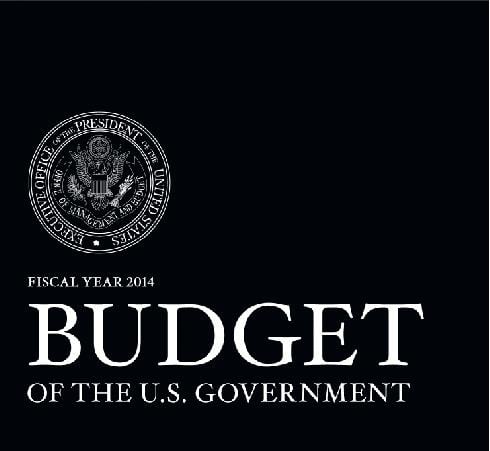In February, we visited the topic, Nonprofit Data And The Arc Of History, a perspective on “how the US currently collects, digitizes, and distributes data about charities through an annual reporting return called the Form 990…”
This comment came on the heels of an Aspen Institute forum where a new report was released, entitled “Information for Impact: Liberating Nonprofit Sector Data.”
In a short fast forward to today, the President’s has just released the FY2014 budget, and it contains sginificant news regarding this potential for open data in the social sector. Available data is not the same as open data: the ability to work with machine-readable files would be a big leap forward. While the budget remains to be passed (full document available here), we are seeing critical steps that point to the big picture noted by Darin McKeever in the “Arc” article, this development perhaps being an avenue to “build or strengthen some of the muscles and relationships needed to work together in the sector for higher aspirations.”
For a quick view of the impact of this recently proposed change, see the summary below from The Aspen Institute Program On Philanthropy And Social Innovation (PSI)
…
from the Aspen Institute…
PRESIDENT’S FY 2014 BUDGET PROPOSES MAJOR STRIDES IN NONPROFIT OPEN DATA
The Aspen Institutes Program on Philanthropy and Social Innovation (PSI) is pleased to report that President Obamas FY 2014 budget proposes to phase in required electronic filing of the Form 990 and have the IRS release these data in a computable format.
Here is an excerpt from the OMB fact sheet, Strengthening and Supporting Non-Profits, Philanthropic, Faith-Based and Other Community Organizations Working to Grow the Middle Class:
Expands E-Filing to All Tax-Exempt Organizations. Currently, the IRS publishes all Form 990 series tax information, the tax form filed by tax-exempt organizations, in a static image format that impedes transparency and analysis of this information. The Administration proposes to phase in a requirement that all tax-exempt organizations file their tax returns electronically and requires the IRS to release those data in a machine-readable format in a timely manner. If enacted by Congress, the accessibility of machine-readable data would enable donors and foundations to access tax-exempt organization data more easily and make it easier to perform robust analyses that could facilitate improved capital flows to the sector. This is an important step forward for transparency and is expected to generate entrepreneurial opportunities as new products and services are created that use these data. The proposal would generally be effective for taxable years beginning after the date of enactment.
The President’s proposal is consistent with the report Information for Impact: Liberating Nonprofit Sector Data, which was recently released by PSI’s Nonprofit Data Project. This report, by open data experts Beth Noveck and Daniel Goroff, explains how liberated 990 data would result in increased transparency and innovation in the field.
This new development comes on the heels of an unprecedented release to the public of nonprofit financial data by the IRS last week.
The Nonprofit Data Project is excited about these new developments, and welcomes your thoughts on what steps we all can take to ensure that these proposals become a reality for the nonprofit sector.
…

